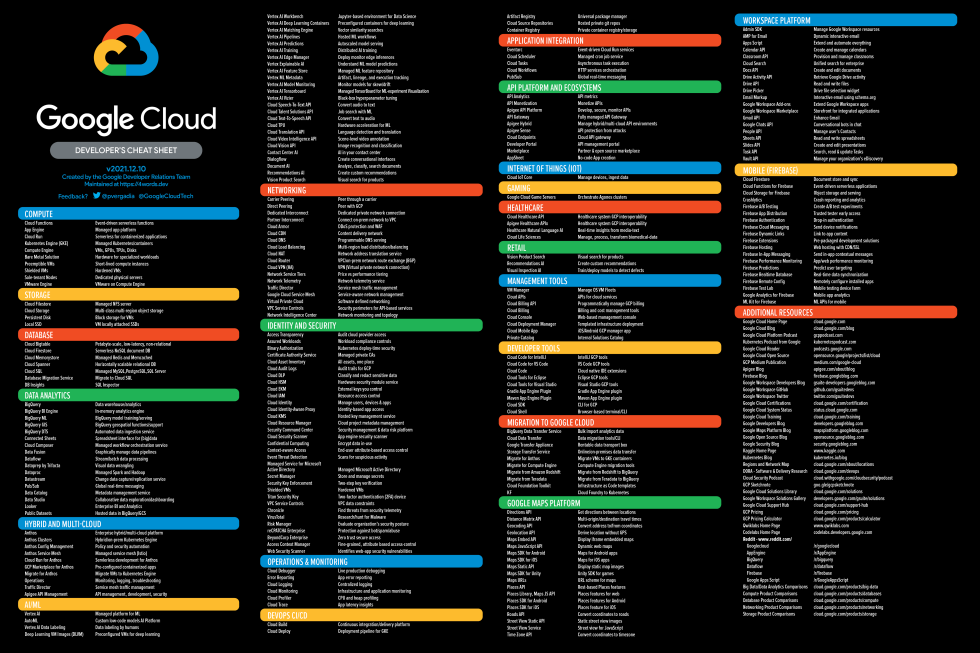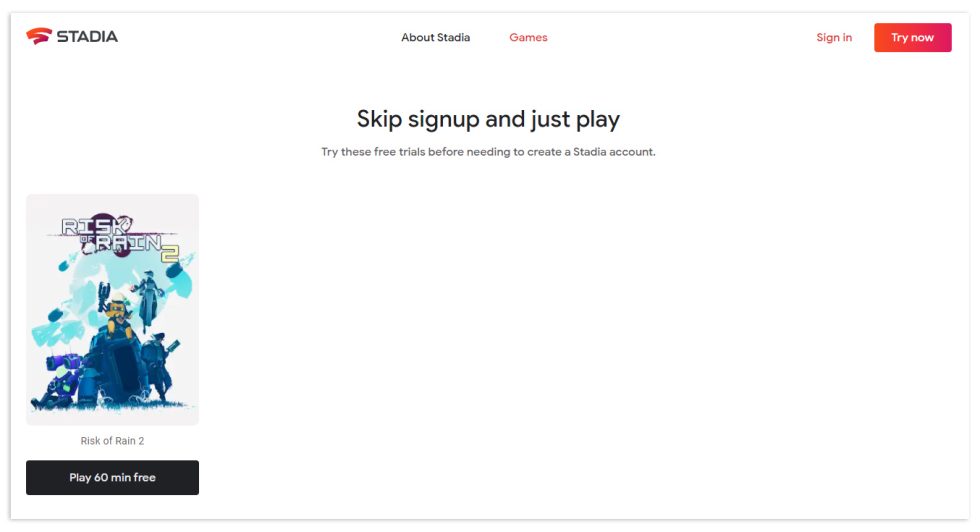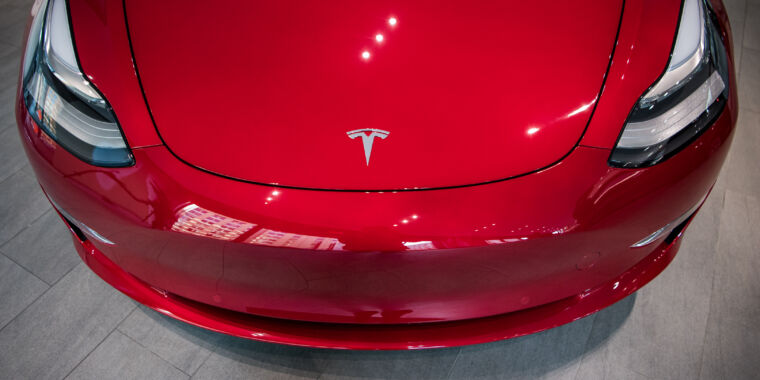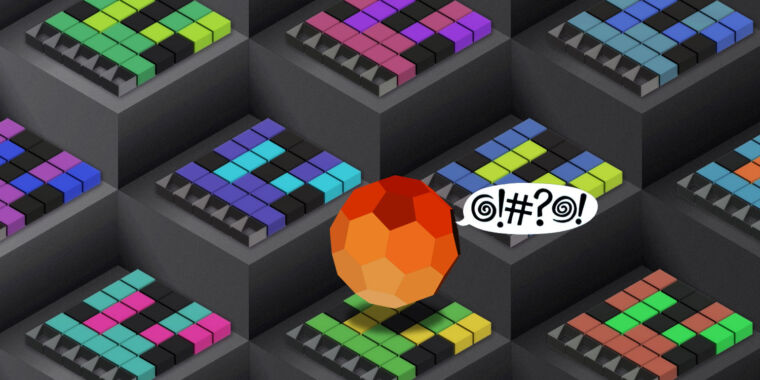
Stadia’s rumored pivot to a Google Cloud service is real! At the “Google for Games Developer Summit” Tuesday, Google announced that the technology underpinning Stadia will be available for sale as a Google Cloud service called “Immersive Stream for Games.” That’s nowhere near as catchy as the “Google Stream” name that was rumored, but Google Cloud services aren’t consumer-facing anyway.
The company confirmed AT&T was one of the first to trial Immersive Stream for Games last year, when it launched Batman: Arkham Knight as a free streaming game for AT&T mobile subscribers (AT&T owns Batman via DC Comics). Despite giving the game out to mobile subscribers, you aren’t actually supposed to play Batman over your cellular connection just yet—it only works on PCs, not smartphones.
During the keynote, AT&T said it would soon enable playback on a smartphone for the Stadia-powered game. “This technology, paired with the AT&T network, gives us the ability to deliver games directly to customers,” AT&T Vice President of 5G Product & Innovation Jay Cary said during the keynote. “We’re preparing for the launch of our next title on the immersive streaming platform soon.” ISPs like AT&T have an incentive to push cloud gaming since it uses a ton of data and makes users reliant on ISPs for quality access. AT&T does not zero-rate its own services anymore, so this Stadia game will be an easy way to make your cellular bill skyrocket or quickly exhaust your unthrottled data allocation. Cary mentioned that “thousands” of AT&T customers have tried the Stadia-powered game so far.
Batman gives us a preview of what Immersive Stream for Games looks like. There is zero integration with the consumer-level Stadia service, and no Google branding at all. Figuring out that Stadia is powering Immersive Stream involves spying on what web servers it is connecting to. Just like how it’s not obvious that big portions of Apple’s iCloud are powered by Google Cloud, no one will know that your game is powered by Stadia. Google has a sign-up form for any interested developers.

Stadia’s pivot to cloud gaming was definitely not part of the original plan. Stadia is a failing service that dramatically undershot Google sales estimates, and many of Google’s promises made three years ago at Stadia’s unveiling have not come true. Pitching Stadia as a Google Cloud service for other businesses is definitely a “plan B” and somewhat of a soft shutdown for the consumer service. The Business Insider report that broke the news of Stadia’s Google Cloud transition said the consumer platform was being “deprioritized” and that only “about 20 percent” of the Stadia team’s focus was still on “Stadia,” the consumer platform.
Hitching Stadia’s wagon to Google Cloud comes with its own set of problems. Google’s Cloud division is in a distant third place behind Microsoft and Amazon, with Canalys laying out the market as 7 percent Google Cloud, 19 percent Microsoft Azure, and 32 percent AWS. Google Cloud is not a profitable service, despite 45 percent year-over-year revenue growth putting it on pace for $20 billion in revenue this year. It loses about $700 million every quarter.
In the last earnings call in February, Alphabet CFO Ruth Porat said Google was taking a “longer-term path to profitability for Google Cloud,” and we’re starting to see a bit of that “profitability” plan. Step one was to lay off about 100 people on the support staff (Google apparently did this in the worst way possible, letting some employees find out they were fired via media reports). Step two is to raise prices, with some storage options jumping 50 percent in October.

Ron Amadeo
In other Stadia news from the keynote, Google is taking down some of the barriers it has erected around the Stadia in the hopes that more people will try it. You’ll soon be able to browse the store without making a Stadia account, which might entice some window shoppers. Stadia has had free trials of games before, but now developers can provide time-limited demos to people more easily than ever before.
Risk of Rain 2 is the first game to support this with a one-hour free trial, which is now live if you have a (free) Stadia account. Google says the account-free access will roll out “in the coming weeks,” and once it does, you’ll theoretically be able to send someone a link to that demo, and in about one click, they’ll be playing Stadia. Quick, no-hassle trials feel like a real advantage for cloud gaming, and it’s a wonder Google has taken this long to embrace them.








